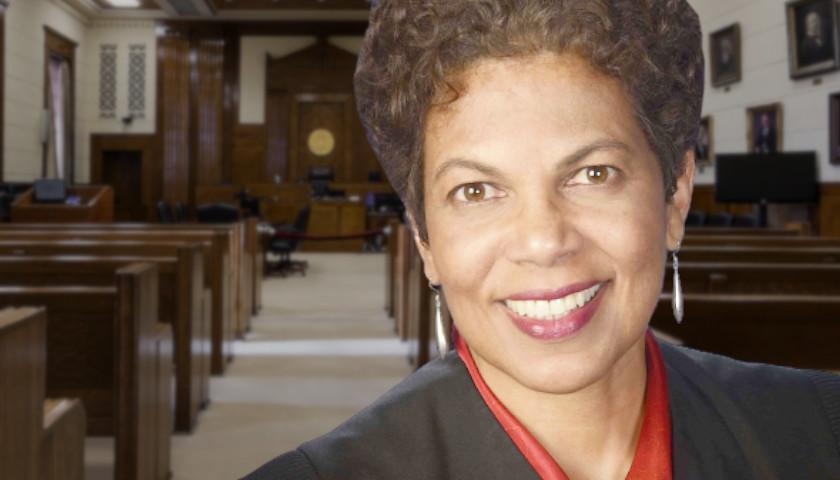by Laurel Duggan
Erica Anderson, a transgender psychologist who works with transgender children, criticized the “gender affirming” model of care and said teens were “transitioning” because of peer influence in a Los Angeles Times article Tuesday.
Anderson, who claims to have helped hundreds of teenagers “transition,” has considered leaving the field of transgender child psychology for fear of being associated with the “affirmative approach,” according to the LA Times. The transgender psychologist said some medical practitioners are giving gender-confused children hormones and surgeries without thoroughly evaluating their mental health.
“This has gone too far. It’s going to get worse. I don’t want any part of it,” Anderson told the LA Times.
 Anderson insists patients undergo therapy and encourages youths to take their time and explore their identity before committing to sex change procedures, the LA Times reported. Other practitioners disagree with her approach.
Anderson insists patients undergo therapy and encourages youths to take their time and explore their identity before committing to sex change procedures, the LA Times reported. Other practitioners disagree with her approach.
“Forcing transgender and gender diverse youth through extensive assessments while their cis peers are affirmed in their identity without question conveys to [them] that they are not ‘normal,’” Dr. AJ Eckert, medical director of the Gender and Life-Affirming Medicine Program at the Anchor Health Initiative, told the LA Times. Eckert’s program explains transgender medical treatment options to patients during a brief interview and does not require patients to undergo therapy.
"Paxton’s remarks are an attack on transgender youth. But he also made false medical claims that there’s “no evidence” that gender-affirming hormone therapy can support trans kids’ mental health."https://t.co/git7bu63AL
— The Trevor Project (@TrevorProject) March 2, 2022
Transgenderism has become trendy and young people influenced by social media are driving the massive uptick in people adopting trans identities, Anderson argued. Members of Generation Z were twice as likely to identify as transgender compared to millennials, three and a half times as likely as Generation X and more than twenty times as likely as Baby Boomers, according to a 2022 Gallup poll.
Anderson, a 71-year-old who is biologically male but identifies as a woman, denied the idea that there are more transgender youths simply because it is easier to come out, explaining that increased eating disorders and repressed memory syndrome also came in waves are were related to peer influence among teens.
“To flatly say there couldn’t be any social influence in formation of gender identity flies in the face of reality,” Anderson told the LA Times. “Teenagers influence each other.”
“What happens when the perfect storm — of social isolation, exponentially increased consumption of social media, the popularity of alternative identities — affects the actual development of individual kids?” Anderson said, according to the LA Times. “We’re sailing in uncharted seas.”
– – –
Laurel Duggan is a reporter at Daily Caller News Foundation.
Photo “Erica Anderson” by Erica Anderson.




